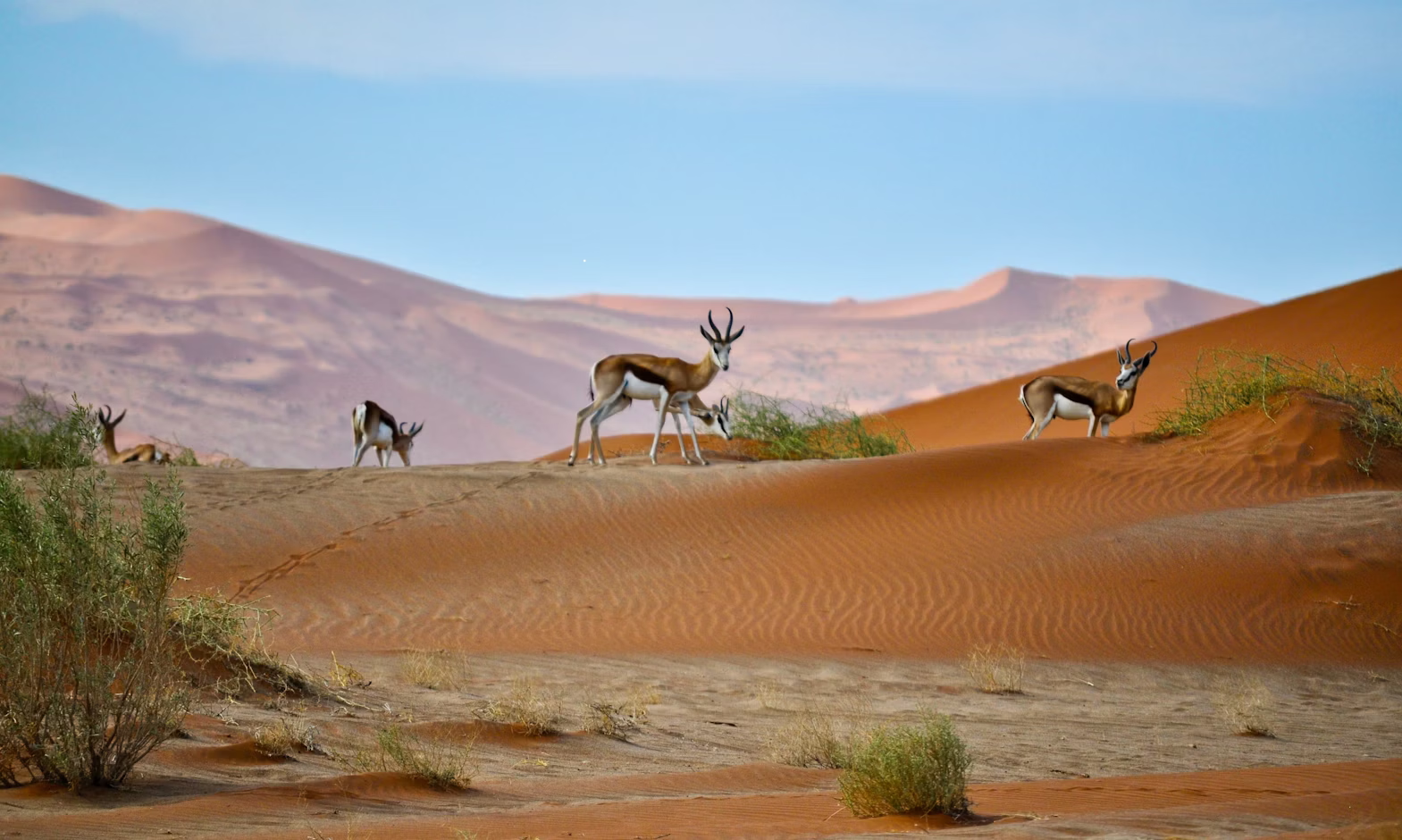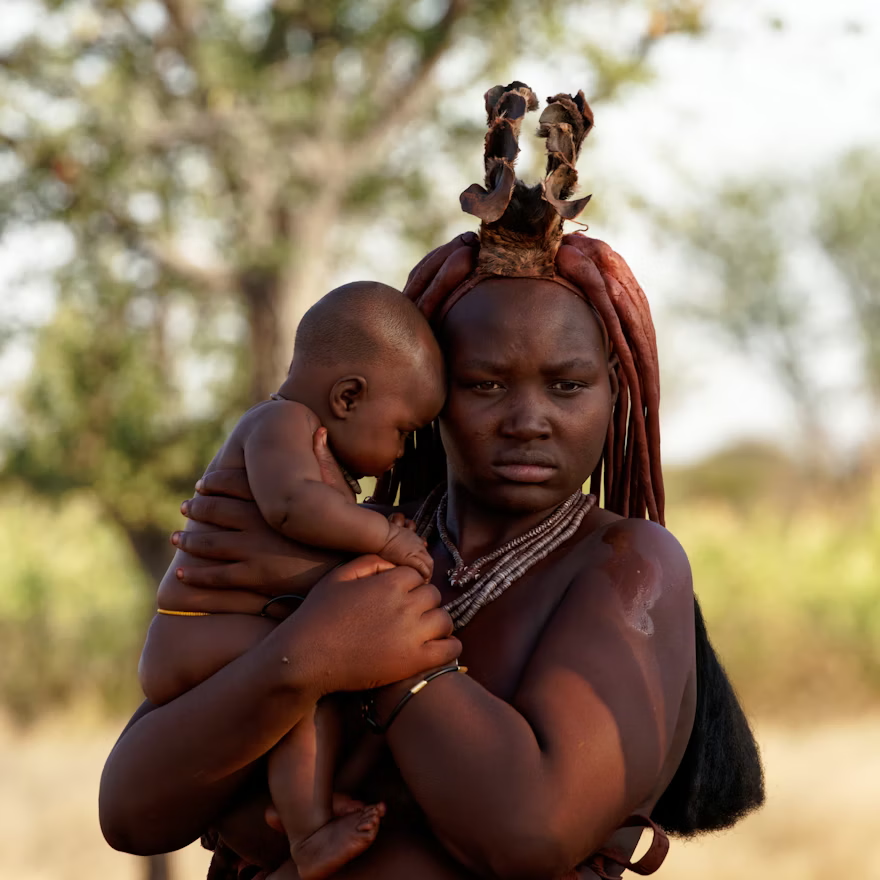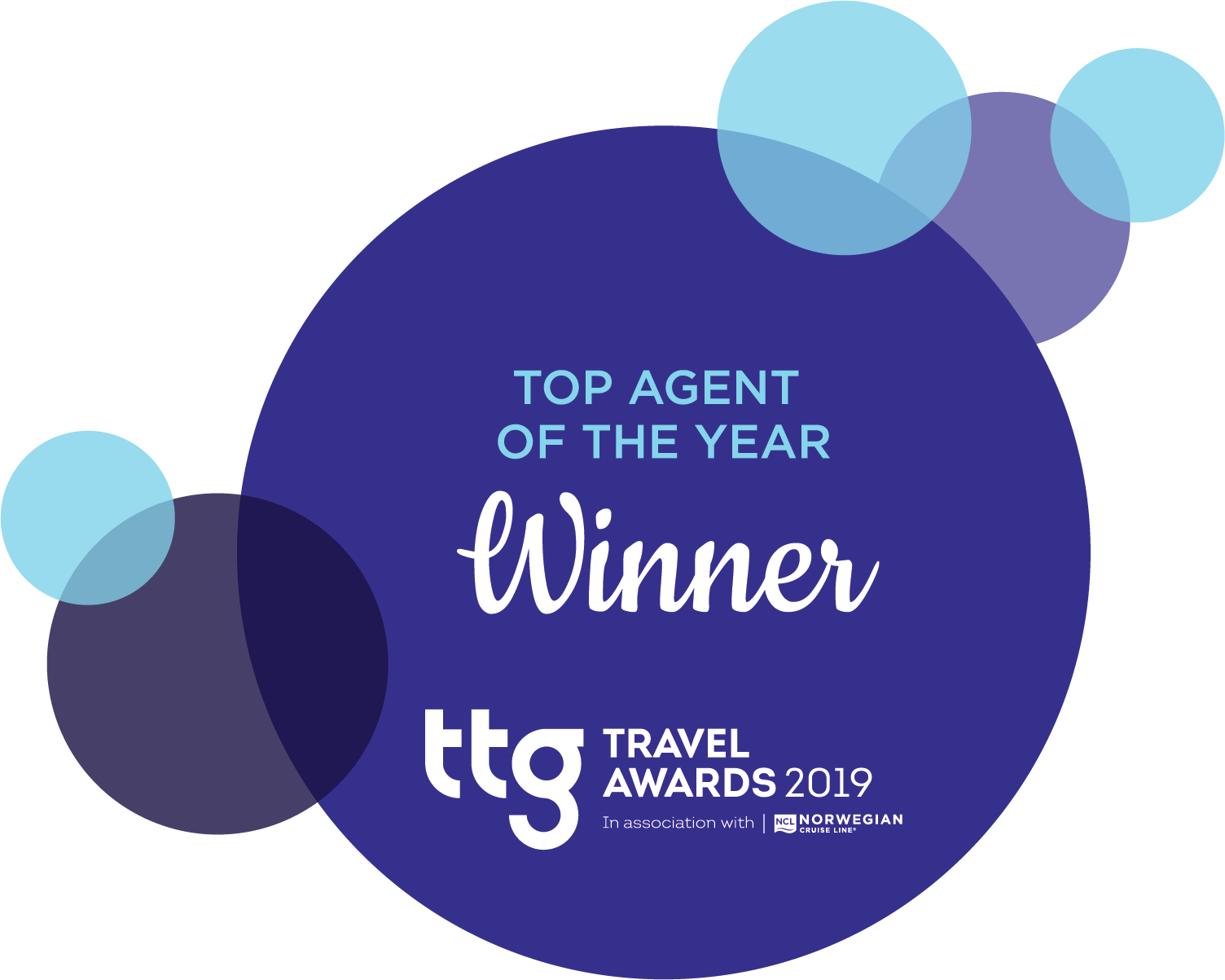
EATING IN NAMIBIA:
Eating in Namibia can be a delicious adventure! The country’s cuisine is influenced by its diverse cultures, including indigenous groups, as well as German and South African influences. Here are some highlights of Namibian food:
Biltong: This is a popular snack in Namibia, similar to beef jerky but typically made from cured and air-dried meat, often seasoned with spices. It’s a favorite for its rich, savory flavor and can be made from various types of meat.
Kapana: A street food staple, kapana is grilled beef, often prepared on an open flame and served with a spicy chili sauce and sometimes with pap (a type of maize porridge). It’s known for its smoky flavor and is a must-try for meat lovers.
Pap: This is a staple side dish made from maize meal. It has a texture similar to polenta and is often served with meat dishes, stews, or vegetables.
Potjiekos: This is a traditional South African stew cooked in a cast-iron pot over an open flame. It’s popular in Namibia too and often contains a mix of meat, vegetables, and spices, slowly simmered to create a hearty, flavorful dish.
Oryx and Springbok: Game meat is common in Namibia, and oryx and springbok are two popular options. They’re often prepared in stews or grilled, providing a taste of Namibia’s rich wildlife.
Namibian Fish: Due to its coastal location, Namibia has access to fresh fish. The most notable
is the kingklip, a type of white fish that’s often grilled or fried.
Traditional Dishes: Depending on the region, you might find other traditional dishes, such as the meat-filled pies and bread rolls from German-influenced areas or various indigenous dishes featuring locally sourced ingredients.
Local Beverages: You might also enjoy traditional drinks like omagongo, a fermented fruit beverage made from marula or mango, and rusks, which are typically enjoyed with coffee or tea.
Overall, Namibian cuisine offers a variety of flavours and textures, reflecting the country’s cultural diversity and its rich natural resources.
ACCOMMODATION:
Your accommodation has been selected for convenience of location, comfort or character, and can range from a business hotel in one city to a family-run guesthouse in a smaller town or a heritage-type hotel. In remote areas, accommodation may be of a lower standard and may not have western amenities. Hotels are generally rated as local three to four-star standard, but do please note that there is no international classification system for hotels and differences in facilities and quality do exist between the UK and Namibia. Rest assured that all hotels used by Wendy Wu Tours are regularly inspected by our staff and our partners to ensure that standards are met.
If you experience any difficulty, please speak to your National Escort or Local Guide.
TRANSPORT:
Coaches: Coaches with air conditioning are used on our group tours for city sightseeing, short excursions to the countryside and longer transfers where necessary. It may not always be possible to return to your hotel after sightseeing to freshen up before going to the restaurant for dinner. Roads in Namibia have generally been improved over recent years, but road conditions, and/or weather conditions may extend driving times. For this reason, the timings listed in the sections above are approximations only.
DEVELOPMENT IN NAMIBIA:
Namibia has been undergoing notable development across several sectors, reflecting its commitment to progress and sustainability. Infrastructure development is a significant focus, with projects such as the Trans-Kalahari Highway and enhancements to the port facilities at Walvis Bay improving trade and connectivity. Tourism remains a vital sector, with efforts to promote sustainable practices and eco-friendly lodges preserving the country’s unique landscapes. Agricultural development is supported by improved water management and sustainable practices, crucial for food security in arid regions. Environmental conservation efforts are also robust, focusing on protecting wildlife and promoting eco-tourism to preserve the country’s natural heritage. Overall, Namibia’s development efforts are shaping a foundation for economic stability, improved living standards, and sustainable environmental management.
TIPPING POLICY:
Tipping while on holiday is common in most parts of the world and Namibia is no exception. However, it is not always clear who it is appropriate to tip and how much. Furthermore, travellers may not have the right amounts of cash available at the right time. In order to avoid any inconvenience Wendy Wu Tours operates a tipping policy where a stated amount is given to your national escort at the beginning of your tour and tips are disbursed amongst your main service providers (for example local guides and drivers) throughout your tour. The amount is designed to be at a reasonable level for travellers while being fair to the local people and includes a gratuity for the national escort. Any other tipping, such as tips for bathroom attendants and restaurant staff, is at your discretion based on satisfaction of services received, as are gratuities for additional requested special services.
We generally find that most customers appreciate the convenience of our tipping policy but we do recognize that it may not suit everyone. However, as this is a group tour we ask that everyone follows the same protocol to be fair to other group members and to ensure smooth operation of your tour.

APPROPRIATE DRESS:
When visiting Namibia, dressing appropriately enhances both comfort and cultural respect. The country’s warm, arid climate calls for lightweight, breathable fabrics like cotton and linen, with casual attire such as shorts and t-shirts being suitable for everyday wear. For outdoor activities and safaris, neutral colours like khaki and beige blend well with the environment, while sun protection items such as wide-brimmed hats, sunglasses, and long sleeves are essential. In urban areas like Windhoek, smart casual attire is appropriate for dining. It’s important to dress modestly in traditional or rural areas, opting for conservative clothing to respect local customs. During Namibia’s cooler winter months (May – September), a light jacket or sweater is advisable, while a rain jacket may be needed during the rainy season (November – April.)
SOUVENIRS:
We want to be able to give you an opportunity to buy souvenirs so we include some stops at museums or exhibitions that demonstrates a craft or product unique to that region with pieces available to buy. We understand that souvenir hunting is not for everyone so we aim to take you to places that hold local interest. We trust you will enjoy these opportunities to learn about local arts and crafts and understand their historical and cultural importance.
VACCINATIONS AND YOUR HEALTH:
We recommend that you contact either your GP for advice on vaccinations and travel health at least six weeks prior to travel. Please remember to take your itinerary with you.
VISAS:
British Citizens travelling to Namibia for tourist purposes are able to travel without a visa for visits of up to 90 days.
INSURANCE:
It is a condition of booking with us that you take out suitable travel insurance. You must provide us with the name of your insurer, policy number and their 24 hour emergency contact number when you book with us or as soon as possible thereafter. These details will be available to your national escort should they be required. Wendy Wu Tours will not be liable for any costs incurred by you due to your failure to take out suitable travel insurance from the date of booking.



